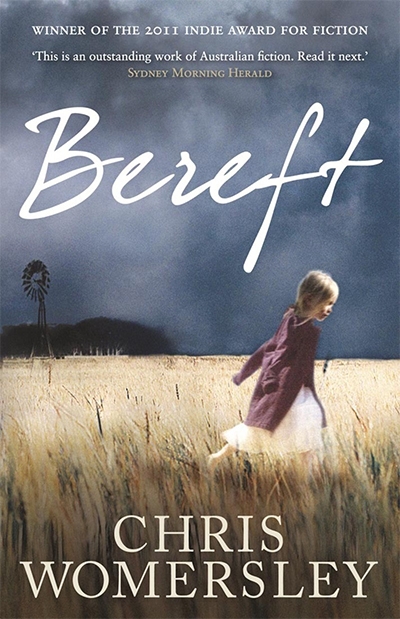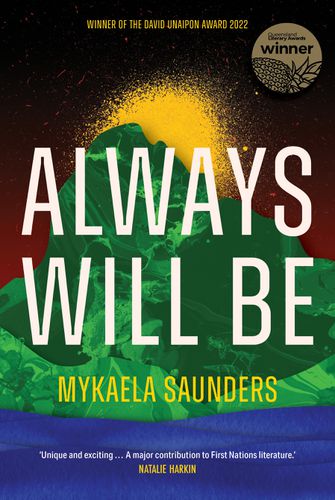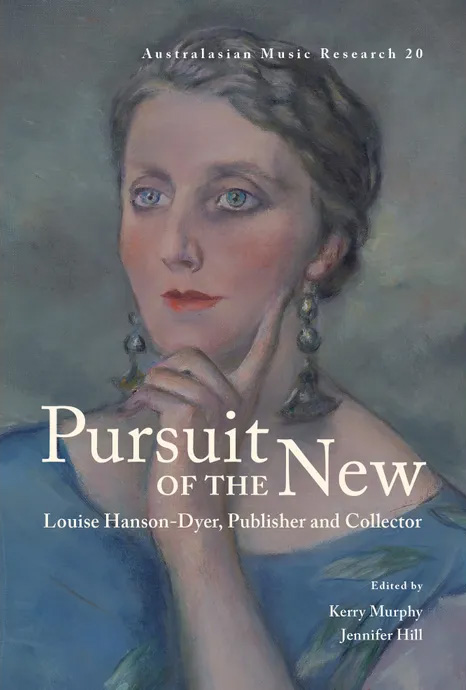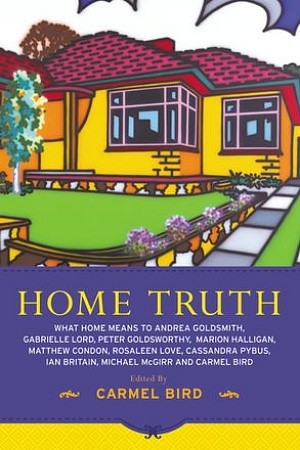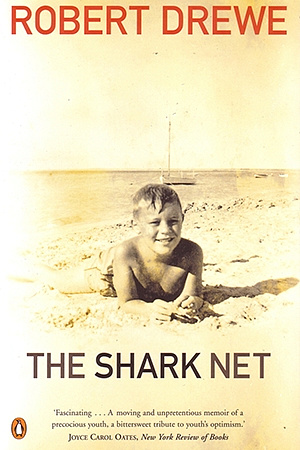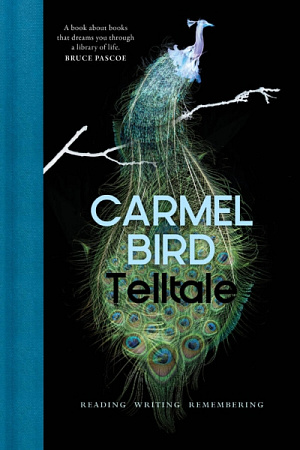Bereft
Scribe, $32.95 pb, 276 pp
Bereft by Chris Womersley
World War I is lodged in the minds of Australians with mythic power. Chris Womersley, in plain and startling yet tender and lyrical prose, has constructed a moving narrative that opens up the wounds of war, laying bare the events that pre-date the conflict and reach forward into the collective memory. I was reminded of A.S. Byatt’s recent novel The Children’s Book (2009), which also foregrounds in poetic language the Great War and etches forever the horror of broken bodies and minds on the consciousness of its readers.
In Bereft, Mary Walker is dying in her quarantined bedroom in the small New South Wales country town of Flint in 1919. She is a victim of the influenza epidemic (often referred to here as ‘the plague’) that followed the war. Ten years earlier, her only daughter, Sarah, was raped and murdered, at the age of twelve. After the child’s death, Sarah’s older brother Quinn ran off and was never seen again; people assumed he had committed the crime. A telegram from the army informed his mother that he had been killed in the war. In her fevered isolation, Mary is ‘comforted by visions of her lost children’. She instilled their love of stories, saying that a good story is ‘like medicine’; she also fancies that stories may be ways of ‘hiding from the world’. It is Mary who realises there is no word to define a mother who has lost a child, and Mary who, giving the book its title, grasps the word ‘bereft’ to describe herself.
Continue reading for only $10 per month. Subscribe and gain full access to Australian Book Review. Already a subscriber? Sign in. If you need assistance, feel free to contact us.

